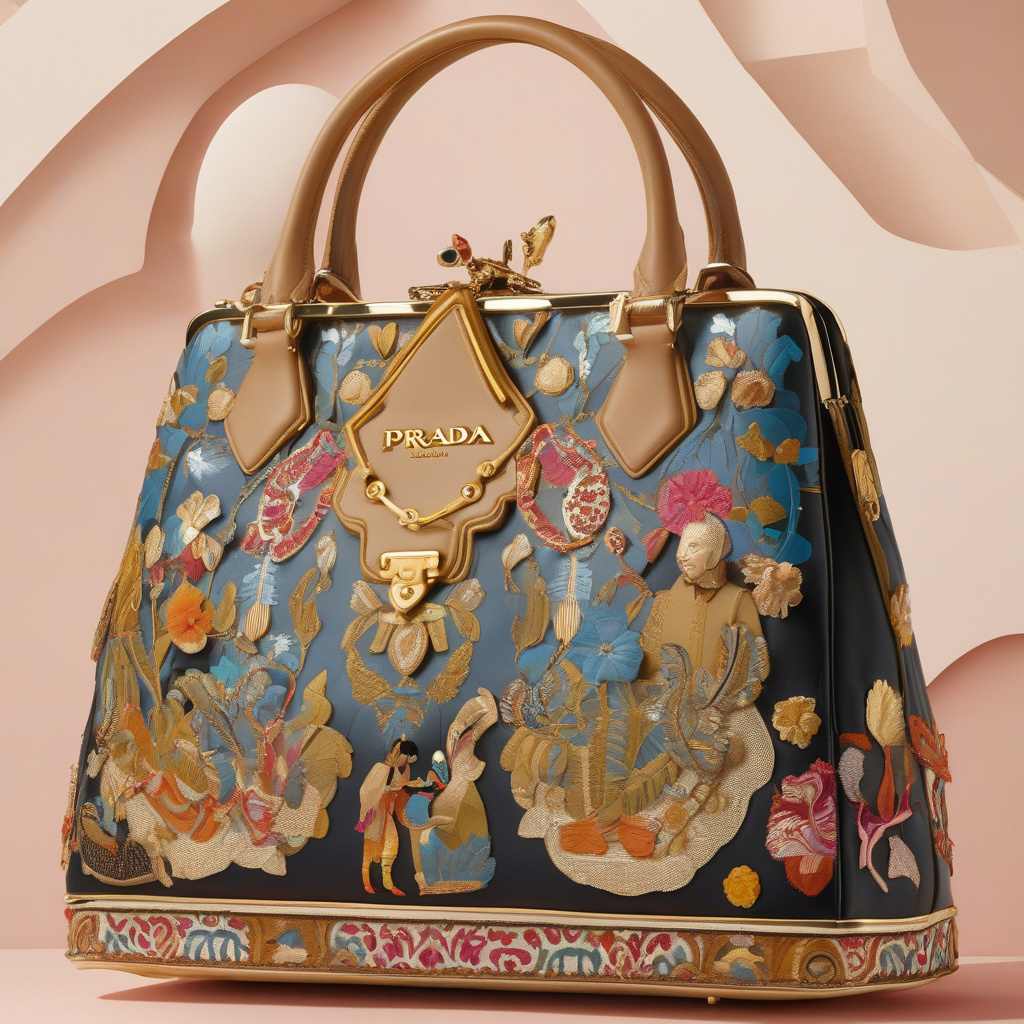Prada Eyes ‘Made in India’ Collaboration After Sandal Scandal
The Italian luxury fashion house Prada recently found itself entangled in a controversy following its runway show in Milan, where it showcased footwear that bore a striking resemblance to the traditional Indian Kolhapuri slippers. The move sparked outrage among Indian artisans and politicians, who accused the brand of appropriating and commodifying their cultural heritage without giving due credit.
The Kolhapuri chappal, known for its distinctive design and skilled craftsmanship, has been a symbol of Indian culture and tradition for centuries. The unauthorized replication of these iconic sandals by Prada not only raised concerns about cultural misappropriation but also highlighted the larger issue of exploitation of indigenous art forms by global fashion conglomerates.
In the wake of the backlash, Prada swiftly moved to address the situation and mitigate the damage caused by the scandal. The fashion house issued a public apology, acknowledging the oversight and expressing regret for any offense caused. Moreover, Prada took proactive steps to engage with the artisans and communities involved in the creation of Kolhapuri slippers, seeking to rectify the situation through collaboration and dialogue.
One of the key initiatives taken by Prada to make amends for the misstep was the proposal of a ‘Made in India’ collaboration. By exploring the possibility of partnering with local artisans and craftsmen in India, Prada aims to not only pay homage to the rich cultural heritage of the country but also to leverage the traditional craftsmanship and expertise for its future collections.
The potential collaboration between Prada and Indian artisans presents a unique opportunity for cross-cultural exchange and creative synergy. By tapping into the centuries-old artisanal traditions of India, Prada can infuse its designs with authenticity, originality, and a deeper sense of cultural resonance. This collaboration has the potential to not only benefit both parties economically but also to foster mutual respect, understanding, and appreciation for diverse artistic expressions.
Furthermore, the ‘Made in India’ collaboration aligns with the growing global trend towards ethical and sustainable fashion practices. By partnering with local artisans, Prada can support traditional crafts, promote fair trade principles, and contribute to the preservation of cultural heritage. This initiative reflects a shift towards more conscious and responsible fashion choices, where brands are increasingly held accountable for their impact on local communities and ecosystems.
In conclusion, the Prada sandal scandal serves as a cautionary tale for the fashion industry, highlighting the importance of cultural sensitivity, ethical sourcing, and inclusive collaboration. By recognizing and rectifying its misstep, Prada has the opportunity to not only redeem its reputation but also to set a positive example for other luxury brands. The proposed ‘Made in India’ collaboration signifies a step towards reconciliation, empowerment, and innovation in the world of fashion.
Prada’s proactive response to the sandal scandal and its commitment to engaging with Indian artisans demonstrate a willingness to learn from past mistakes and to forge a more inclusive and respectful path forward. As the fashion industry continues to evolve, embracing diversity, authenticity, and sustainability will be key to shaping a more equitable and harmonious future for all stakeholders involved.
Prada, India, Collaboration, Fashion, Artisans












